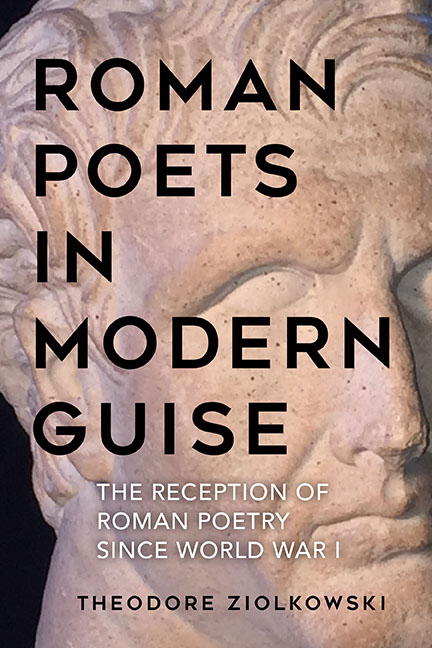7 - Seneca: Poet or Philosopher?
Published online by Cambridge University Press: 21 October 2020
Summary
The Senecan Revival
The 2003 year-end issue of the German weekly Die Zeit featured a quiz on the word-of-the-year: Sparen (“saving”). With only three exceptions, the sixteen passages to be identified came from such familiar German-language writers as Goethe, Theodor Fontane, and Karl Kraus. The exceptions were Shakespeare, Henry Ford, and—Seneca, who was represented by a pastiche of quotations from Ad Helviam matrem de consolatione (x–xi). It is unlikely that the compiler expected many of his readers to identify the passage, but the very fact that Seneca, alone among writers from classical antiquity, should have appeared in such a context suggests at the very least that his name is not unknown to contemporary German readers, a fact that could not readily be taken for granted in most other countries of the Western world.
Seneca's reputation had already recovered to a certain extent from the widespread condemnation of the nineteenth and early twentieth century that T. S. Eliot lamented in 1927: “in modern times, few Latin authors have been more consistently damned.” As Nietzsche joked in 1882, in a poem entitled “Seneca et hoc genus omne” (“Seneca and All His Kind”):
Das schreibt und schreibt sein unausstehlich
weises Larifari,
Als gält es primum scribere,
Deinde philosophari.
[Seneca and his ilk: they write their insuff erably wise nonsense as though what mattered were first to write and only then to think.]
As late as 1936 H. J. Rose, in his widely consulted Handbook of Latin Literature, confessed that he found it hard to judge Seneca's works fairly “owing to the loathing which his personality excites”—a loathing stemming primarily from what has often been regarded as his hypocrisy regarding money matters and the contradiction between his precepts and his example.
Since the 1965 commemorations of the nineteenth centenary of his death, however, the situation has changed appreciably. Seneca has attracted a significant amount of respectful scholarly attention, beginning with the four volumes of contributions generated by that occasion. The revitalization of Sénequismo has been especially lively in his native Spain, where in 1965 George Uscatescu hailed the Roman poet as “our contemporary” and, more recently, María Zambrano stressed the still vital quality of his thought.
- Type
- Chapter
- Information
- Roman Poets in Modern GuiseThe Reception of Roman Poetry since World War I, pp. 174 - 205Publisher: Boydell & BrewerPrint publication year: 2020



